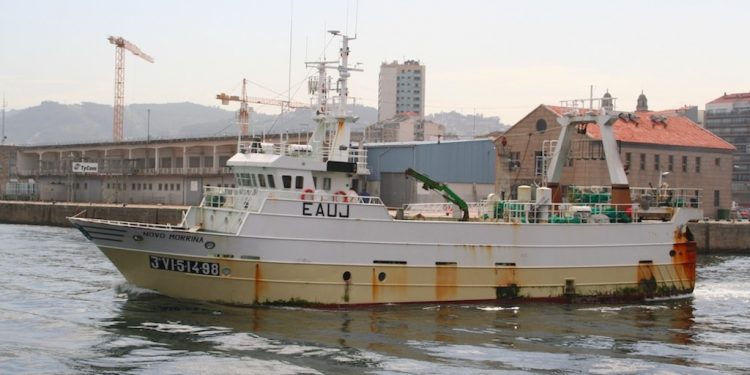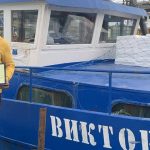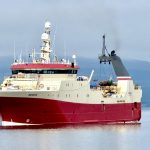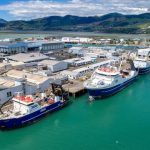The European Bottom Fishing Alliance is accusing the EU Commission’s environmental division of presenting a set of rigidly-defined questions to ICES, against the backdrop of a renewed demands for a blanket ban on the use of mobile gears inside MPAs, regardless of context or nuance, and ignoring any social issues or questions relating to effort displacement.

‘ICES has an obligation to answer the questions posed by the European Commission, with limited leeway for context. This is a current issue between both institutions and there is a very active process inside DG MARE to address this problem and avoid that the nature of the questions instrumentalises potential answers, intentionally or not,’ commented EBFA president Iván López, adding that the questions set by DG Environment focus on how to restrict fisheries rather than how these might be best managed.
According to the European Bottom Fishing Alliance, the grouping that seeks to defend demersal fisheries in European waters against an ongoing campaign by NGOs that bears all the hallmarks of having the weight of official bias on its side, ICES has provided its findings relating to the economic impacts of restricting bottom trawling, and what stands out it that this is DG Environment at work – not DG MARE.
‘In this case the question asks directly how to further restrict an activity, and not whether it should be adapted or if this is the right solution. Bottom trawling already is extremely well regulated and only takes place in designated areas. The key question should be how and where bottom trawling can be sustainably conducted.’

ICES sets out in its reports that there are shifts in the locations of core fishing grounds – the areas accounting for the bulk of overall landing volumes and values. For 2017‒2022, and given the available data, ICES found that 90% of mobile demersal gear landing values came from less than 50% of the fished area. ICES recognises that these areas change, which makes permanent restrictions impractical, and to this can be added problems of the resolution of activity grids plus there’s a failure to take into account the effects of dsiplaced fishing activity.
‘The advice assumes that the values derived from the different fishing zones are of the same nature, when that is not the case in reality. This is why we miss the inclusion of DG MARE in the preparation of the initiative,’ Iván López added, and pointed out that the widespread misconception about fisheries in general is that there’s unrestricted freedom to fish anywhere.









